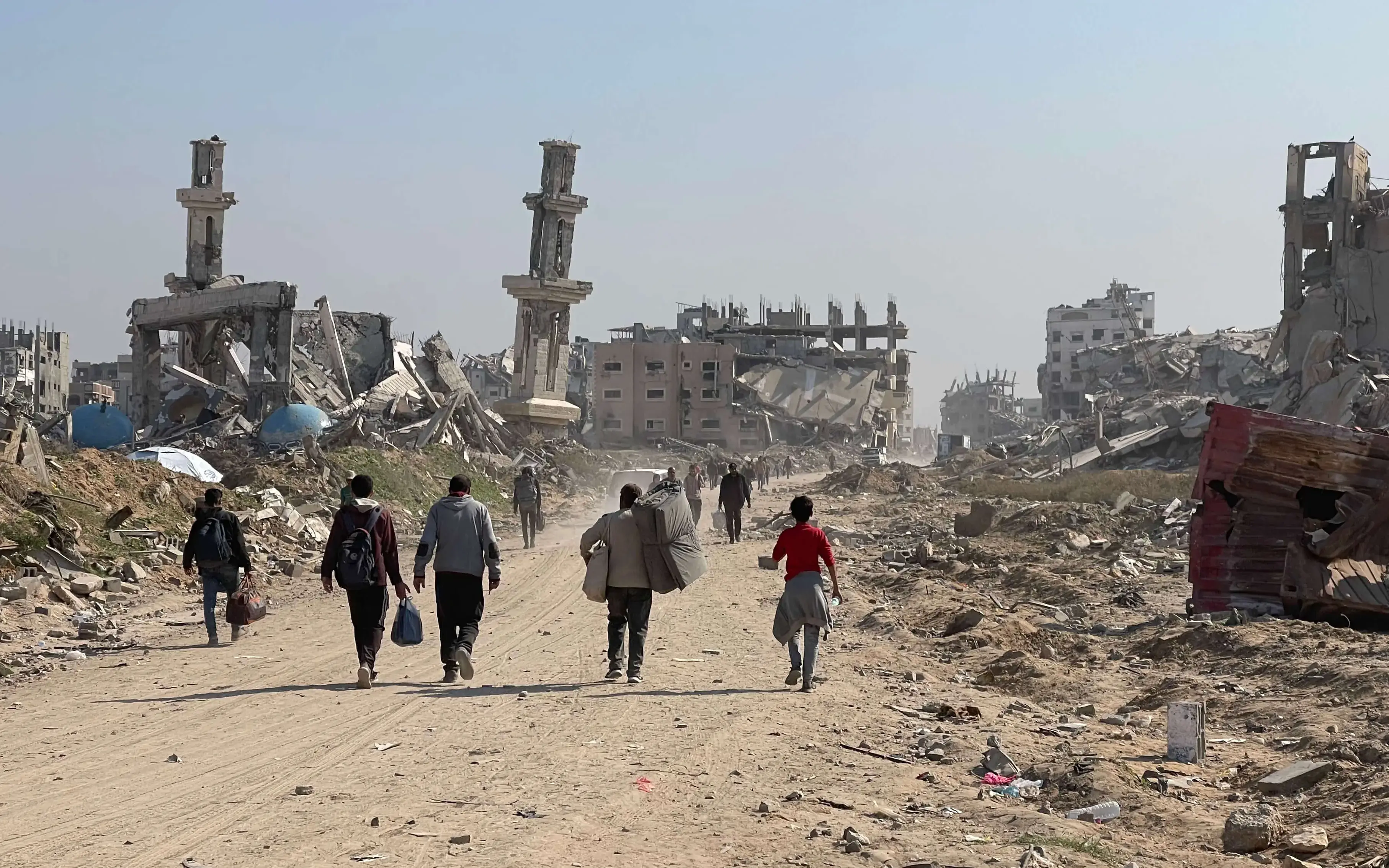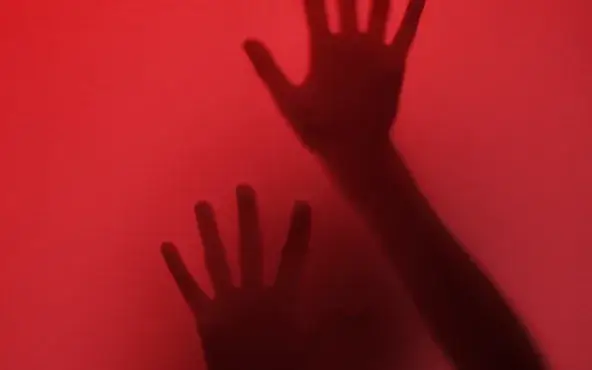Damián Gallardo, “I was accused of organized crime and kidnapping, but I was being set up by my government”

Gallardo is an “Ayuuk” native from Oaxaca, as well as an activist, human rights defender, and promoter of a community education model. He was invited by the Taula per Mèxic to come to Barcelona and denounce the human rights violations that are taking place in his country.
Damián, why are you here in Barcelona?
I am a former political prisoner from Mexico. I went to Geneva to report the government in my home country for torture. I had a trial against my trial for arbitrary detention, forced disappearance, and a cluster of human rights violations. I also seriously suffered from the governmental use of preventative prison that caused me to stay in prison, without a sentence, for five years and seven months. This is a clear violation of human rights. Eventually, I was acquitted, released, and declared innocent.
What were you accused of?
I was accused of organized crime and kidnapping. To understand this, one must understand how Mexico was in 2013, the year in which I was imprisoned. At the time, there was a very aggressive, neoliberal policy. Many reforms were being made, including the educational one that damaged the interests of the working people. This policy was intended to privatize education, and there was a great wave of protests and claims against this model.
Were you kidnapped?
Yes. The Mexican government of Enrique Pepe Nieto began a hunt to criminalize the waves of protests. They accused me of organized crime and kidnapping, but they were setting it up. During my five years in prison, my defense provided evidence against the injurious allegations. All of this coupled with the allegations of human rights violations that were being committed, allowed the Working Group on Arbitrary Detention to ask for my freedom.
And what happened?
The government ignored the group however, this action opened a crack, a precedent so that other imprisoned people could present their case. From 2014 to 2017, the group issued five more cases that responded to the same pattern of criminalization.
But you stayed in prison for five years?
My case was brought to justice in 2018. Under the circumstances of the new government, my process was reviewed again, and it was concluded that there was no evidence that I was accused. The criminal prosecution was dismissed in December 2018 and I was released. It was years of a long political struggle.
Has the situation in Mexico improved with the new change in government?
We are still dealing with the same dynamic. We continue to demand comprehensive compensation for the damages committed to victims of this criminalization model. We re-raise our voices and tell the government that this repair is not enough, we want economic compensation. We demand guarantees. Guarantees that it will not happen again, guarantees of protection for the victims, and the corresponding punishment for the people responsible for the damages that occurred.
But is there a will to repair these damages?
The new government must respond to the fascist powers of the country, respect our human rights, and guarantee international agreements. There are signs of change but there are also indications that are worrisome, in particular, the murders of journalists in Mexico that are still happening. There are also territories that have been declared as areas of economic investment that are in contradiction with the rights of indigenous people. For example, the Maya people are being affected by macro projects taking place.
What are some of these indicators that are worrying you?
For instance, when there is evidence of innocence in a case, the prisoners are still staying in prison. Pablo López Alavez, for example, was taken in Oaxaca. He is a defender of the territory that was against illegal forest logging. Ginés Aldama is another example. He is a prisoner that opposed the construction of a gas pipeline in his community. Like Alavez and Aldama, there are many more people that are wrongfully imprisoned. That is why we must continue demanding the freedom for all of them.
How many people are we talking about?
Currently, there are more or less around 400 people who are considered as political prisoners. However, their cases are under review. In 2017, in my territory, Oaxaca had 70 people taken. There is a lot of social, internal, and external pressure however, the government cannot hide the cases that have already been exposed by the media.
You have come here through the city council program, ‘Barcelona protects journalists from Mexico’, as well as under the umbrellas of Taula per Mèxic and the International Catalan Institute for Peace. How do you value this experience and what has it served you?
The objective was to establish solidarity with the fighting sectors that are located on the other side of the ocean. It is also important that you know the atrocities that are happening in my country and, now, I have several references to be able to analyze the situation from other perspectives.






Add new comment